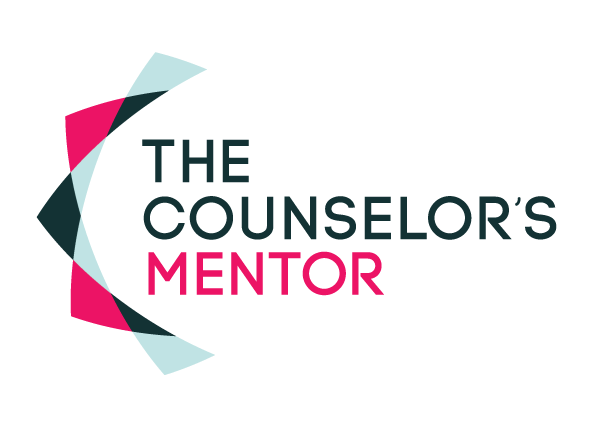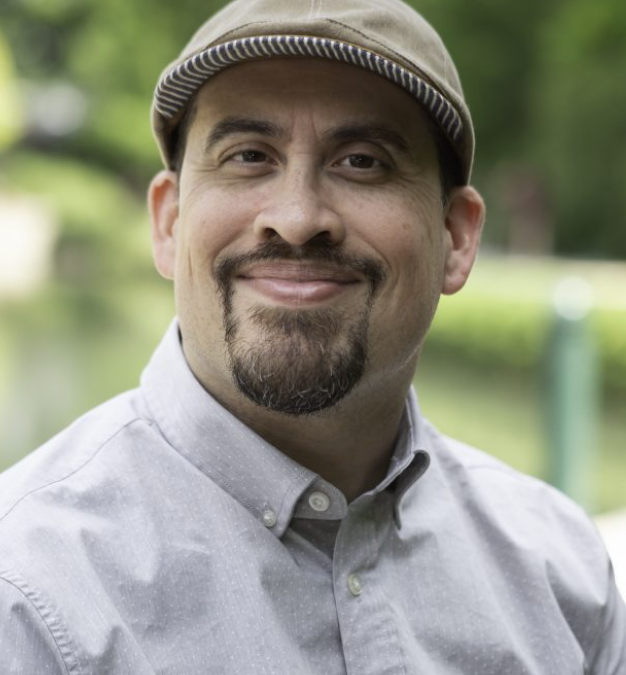When I look back at the experience I had with my second licensed professional counselor supervisor, Mark Tovar in San Antonio Texas, there are a few themes detected throughout our time together: consistency, accountability, being challenged, and being provided with knowledge.
Supervision was Consistent.
My supervisor never canceled. He was never late. He never called me to reschedule. He was always on time, every single week, month after month. You don’t have to settle for a supervisor who forgets about your supervision time or asks you to reschedule constantly. You don’t have to feel like you’re not a priority. Your time should not be interrupted. Each time my supervisor and I met, I had his full and undivided attention, as he had mine. This is a standard we are all allowed to have at this level.
Supervision had Accountability.
During supervision, we reviewed clinical notes, treatment, plans, and recordings of my clinical sessions. While my supervisor trusted me fully, he was wiser, more trained and held to a standard of supervision that involved holding me accountable to a certain standard and quality of work.
The truth is clinical paperwork and administrative work can be extensive. It’s not fun– but it’s imperative. My supervisor challenged me to treat every single piece of documentation with the utmost attention, detail and precision- every time. He would also review my hours for each week and spoke with my onsite supervisor to ensure he was doing his due diligence. He trusted, but he verified. Mark helped me remain accountable to not just my paperwork and documentation, but to my work team and clients as well.
Supervision was Challenging.
Mark Tovar was actually my second clinical supervisor. Mark and I crossed paths years earlier during my masters program. He was my doc student support during practicuum. I liked his approach. He challenged me for bigger, greater, and more comprehensive means of addressing a situation. He would challenge me to think beyond the current situation and conceptualize on the greater plane field. We focused on areas of limitations and places where I could improve on as a clinician. While challenging, he was always approachable.
Truth be told he was very different than the previous LPC Supervisor I had. While she was kind and sweet, she focused on areas I was doing right and well. While a pat on the back feels nice, it didn’t help me grow. Unfortunately, I was limited to being the same clinician I was the day before because I was neither being educated for more nor being challenged with more. You only know what you know.
My Supervisor was Knowledgeable.
In short, my LPC supervisor knew more than me. It was important for him to know more than me. Your clinical supervisor is expected to teach you. While the ultimate supervision relationship destination is a collaborative and equal one, initially, from the developmental perspective, the teaching concept is imperative. Clinical supervisors should be expected to know more than the associates they supervise. If you are in a position where you are consistently teaching your supervisor or appear to know more ethics than your supervisor, something may not be right. I’m not saying associates are not knowledgeable. In tons of cases associates can also educate and teach within the supervision dynamic. However, f you’re giving the support, information, and knowledge during your supervision session each time, then why pay for supervision at all? Even in cases when supervision is free, your standard of learning should remain just as high.
Final Note about Supervision.
As a reminder, supervisors are human too. They’re not perfect. However, the clinical supervision experience is one of the first major decisions you will make of your professional career. Can this supervisor help launch you into a positive mental health trajectory, as a competent, ethical, and knowledgeable clinician? Choose wisely. If you want to know more about Mark Tovar, he is still treating and still supervising- amongst other things. Get in touch with him here.

